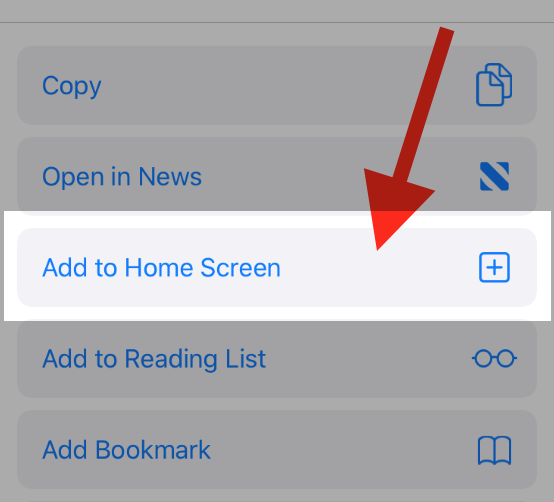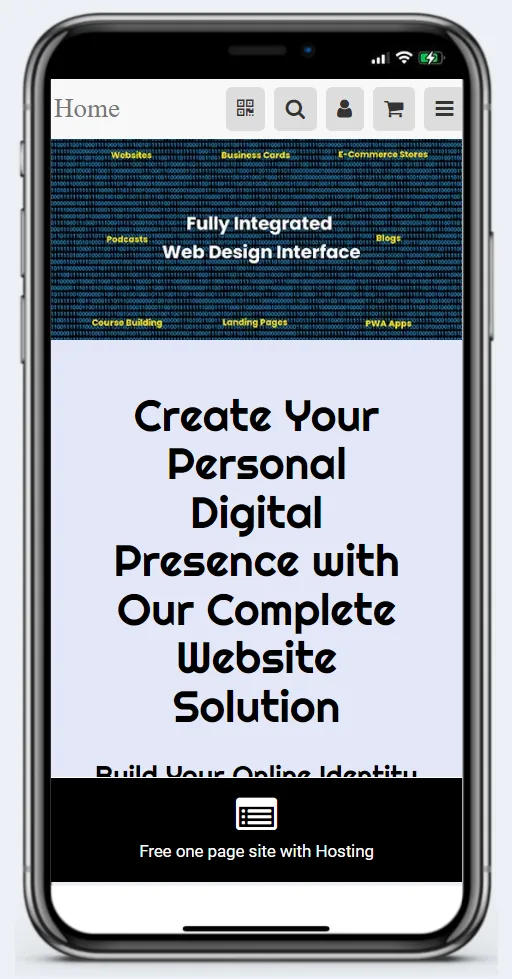
What the Heck is a PWA anyway?
In the world of mobile app development, there's a new buzzword on the block: PWA. Standing for "progressive web app," this term refers to a type of mobile app that provides a high-quality user experience while being delivered through a website.
So, what exactly are PWAs and why should you care about them? In this post, we'll take a deep dive into the world of PWAs, exploring their advantages over traditional mobile apps and highlighting some successful case studies of businesses that have embraced this cutting-edge technology.
What Are PWAs?
At their core, PWAs are a way to provide the features and functionality of a native mobile app without the need for users to download an app onto their device. PWAs use technologies like service workers and web app manifests to create an app-like experience right within the user's browser.
In other words, users can visit a website and interact with an app-like interface, complete with push notifications, offline access, and other advanced features, without needing to download anything at all. This allows for a seamless, user-friendly experience that reflects the best of both worlds: the convenience of a mobile app without the need to clutter up your phone with yet another app.
Advantages of PWAs
So, why should you care about PWAs? What sets them apart from traditional mobile apps, and why should you consider incorporating this technology into your own business or website? Here are just a few of the biggest advantages of PWAs:
1. Fast & Lightweight Performance
One of the biggest advantages of PWAs is their speed and efficiency. Because they're designed to be lightweight and streamlined, PWAs can provide lightning-fast load times and smooth performance - even on slower or less reliable internet connections. This can be especially important for businesses that want to provide a great user experience, even for users who may be accessing their site from a mobile device while on the go.
2. Better User Engagement
Another advantage of PWAs is their ability to engage users effectively. Because they use push notifications and other app-like features to notify users of updates and other relevant information, PWAs can help businesses stay top-of-mind and keep users coming back to their site. And, because they're designed to work seamlessly across devices, PWAs can provide a consistent, reliable experience regardless of whether a user is accessing the site from a phone or a desktop computer.
3. Reduced Costs
Finally, PWAs can be a cost-effective way to provide a high-quality mobile experience. Unlike traditional mobile apps, which require businesses to develop and maintain separate apps for iOS and Android devices, PWAs can be designed to work across a variety of platforms and devices using a single codebase. This can lead to significant cost savings, as businesses can invest in a single mobile “app" instead of developing and supporting multiple native apps.
A Successful PWA Case Study
Of course, these advantages are just theoretical unless they've been proven in the real world. Thankfully, there are already plenty of successful examples of businesses that have embraced PWAs and seen significant results.
For example, popular e-commerce site Flipkart saw a 70% increase in conversions after launching its PWA, thanks in part to the faster load times and streamlined checkout process. Meanwhile, Lancome's PWA saw 17% more conversions and users spent 53% more time on the site compared to their previous mobile website.
Clearly, PWAs are not just a buzzword: they're a powerful tool that's already driving real-world business results.
Embrace the Future of Mobile with PWAs
To add this web app to your homescreen, click on the "Share" icon
![]()
Then click on "Add to Home"

To add this web app to your homescreen, click on the "Share" icon
![]()
Then click on "Add to Home"

It looks like your browser doesn't natively support "Add To Homescreen", or you have disabled it (or maybe you have already added this web app to your applications?)
In any case, please check your browser options and information, thanks!
It looks like your browser doesn't natively support "Add To Homescreen", or you have disabled it (or maybe you have already added this web app to your applications?)
In any case, please check your browser options and information, thanks!
